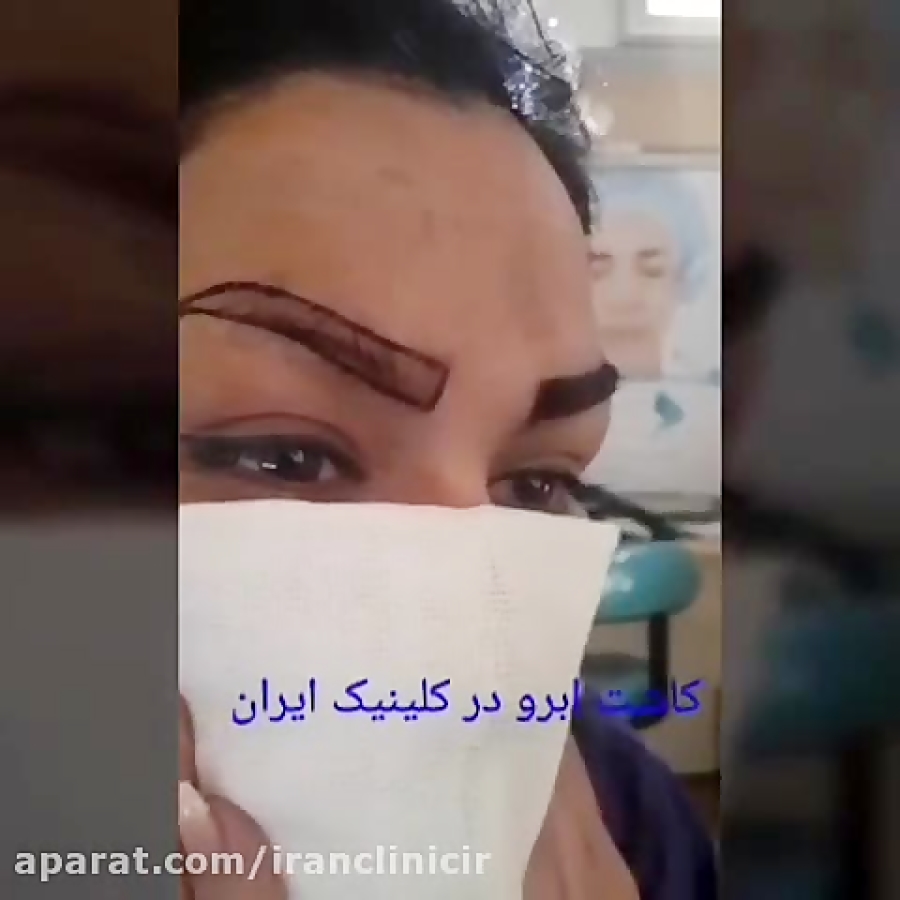Preparing for Your First Eyebrow Transplant: A Complete Guide
페이지 정보

본문

Going through your initial eyebrow transplant journey may seem daunting but with the right knowledge and planning, the process becomes much more manageable. The primary purpose of this procedure is to reestablish beautifully shaped eyebrows that complement your features and boost your confidence.
If your eyebrows have thinned from excessive tweezing, hormonal changes, injury, or the natural aging process understanding what to expect before, during, and after the procedure will help you feel confident and prepared. You’ll gain clarity on the timeline, recovery phases, and long-term outcomes.
Start by scheduling a consultation with a qualified hair restoration specialist who has experience in eyebrow transplants.
During this visit, the doctor will examine your existing brows, discuss your goals, and evaluate the quality and density of hair in your donor area, typically the back of your scalp.
They’ll also check for any underlying health conditions that could affect healing.
Full transparency ensures your safety and helps your surgeon tailor your pre-op protocol.
In the weeks leading up to your procedure, avoid blood thinners like aspirin, ibuprofen, vitamin E, and fish oil unless approved by your doctor.
Alcohol and smoking should also be avoided for at least a week before surgery since they can interfere with healing and increase the risk of complications.
Your body needs zinc, biotin, and vitamin C to heal effectively and promote graft survival.
Arrive with bare, oil-free skin to ensure clean graft placement.
Choose loose-fitting, button-up shirts and arrange for a trusted friend or family member to accompany you.
The session length varies based on the number of follicular units—typically 50 to 300 grafts per brow.
You’ll receive numbing injections in both donor and recipient zones—no general anesthesia is required.
Ice packs and elevation help reduce inflammation quickly.
Do not pick or scratch—they’ll detach on their own without damaging follicles.
The follicles remain alive beneath the skin and will regrow in time.
Most patients see their final, natural-looking brows between 8–12 months post-op.
Deviation may compromise graft survival and prolong healing.
Avoid touching or rubbing your brows, and stay out of direct sunlight for several weeks.
You’ll likely be advised to use a gentle cleanser and apply a prescribed ointment to keep the area moist and reduce the risk of infection.
Elevated heart rate and heat can cause swelling and displace grafts.
Most people can return to work within a few days if their job doesn’t involve heavy physical activity.
The magic happens over months, not days.
Each graft matures independently, creating a gradual, natural effect.
As your new hairs grow in, they’ll behave like natural eyebrow hair, so you’ll need to trim them occasionally to maintain your desired shape.
Some patients choose to return for a second session to increase density, but many find the results of a single procedure to be more than satisfactory.
This is an art as much as a science.
A reputable clinic won’t hide outcomes or pressure you into surgery.
A successful transplant isn’t just about technical skill—it’s about understanding your individual aesthetic goals and creating brows that look naturally you.
With proper preparation and کاشت ابرو بدونجراحی realistic expectations, your first eyebrow transplant can be a life changing step toward feeling more confident in your appearance.
- 이전글Evaluation of Systems Programming Exercises by Tailored Static Analysis 25.10.09
- 다음글졸업증명서위조업체·제작업체 | 「 ㅋ ㅏ톡 : made82 」 25.10.09
댓글목록
등록된 댓글이 없습니다.
